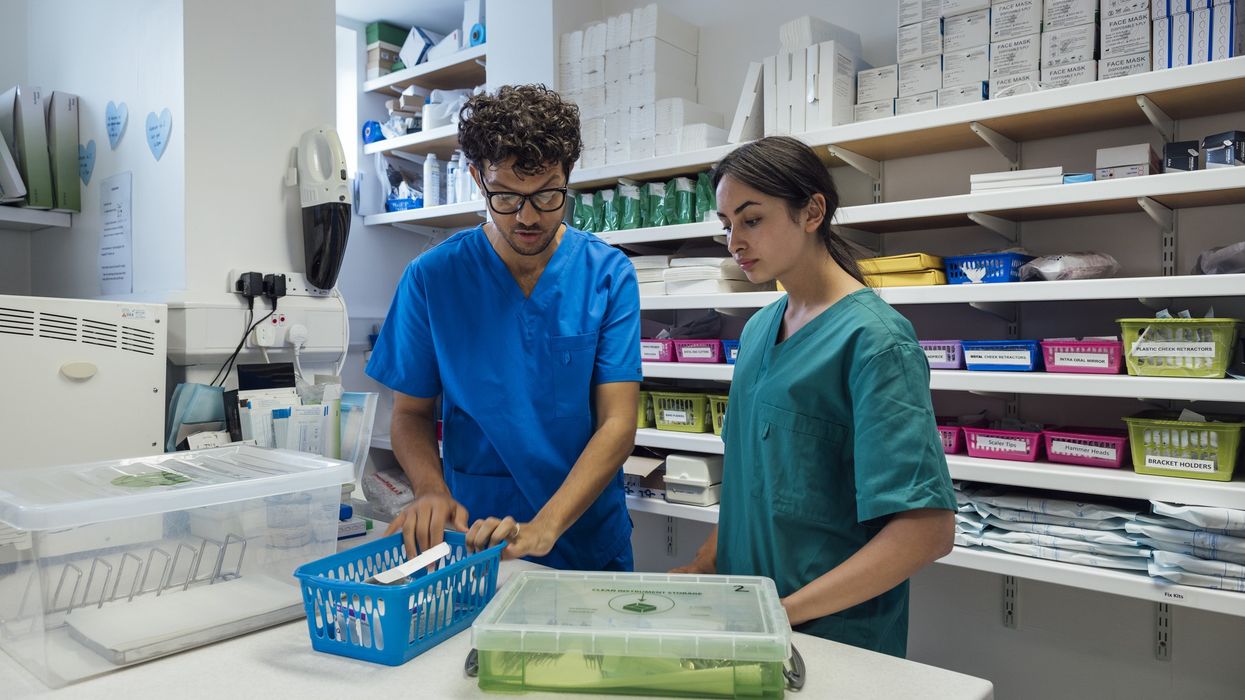The National Pharmacy Association (NPA) has commissioned Professor David Taylor of University College London to investigate the implications of all-time high inflation rates on community pharmacies in the UK.
Professor Taylor's will assess rates of inflation affecting community pharmacy across the UK, using public data sources whilst examining inflated costs in the context of the current five year contractual framework in England (2019-2024).
He would review the EY (Ernst & Young) report into pharmacy funding, to identify whether current inflationary pressures could change any of the findings and consider the policy implications and impacts of inflationary pressures, including pharmacy’s ability to prepare for a more clinically focused future and maintain current core services.
NPA chief executive Mark Lyonette said: “Inflationary pressures are eating into the limited funds provided by the NHS for pharmacy services. We believe the real level of inflation for pharmacy businesses could be higher than the CPI inflation rate, which itself is at a 40 year high. Staff and locum costs in the sector as well as medicines costs have risen dramatically.
“Everyone accepts there is a cost of living crisis; it’s time for government and NHS to acknowledge that our members are facing a ‘cost of doing business’ crisis. We believe that is standing in the way of service improvements and our ability to engage with a clinical future.
“By asking a distinguished academic to test our assumptions, we will have credible independent data to present to commissioners and pharmacy negotiators across the UK. Naturally we want this to lead to fair and realistic financial settlements for NPA members right across the UK.”
Professor Taylor said: “With GP practices under increasing pressure and their numbers falling, NHS community pharmacy could do more to enhance clinical outcomes in the English primary care system, as it is in other UK nations such as Scotland. I am committed to contrasting and analysing community pharmacy funding and developing policies as rigorously as possible from a public interest based standpoint.”
The report is due for publication this autumn.









![Potential Side Effects of Mounjaro [What You Need to Know]](https://www.pharmacy.biz/media-library/image.jpg?id=54516976&width=1245&height=700&quality=90&coordinates=0%2C29%2C0%2C29)







